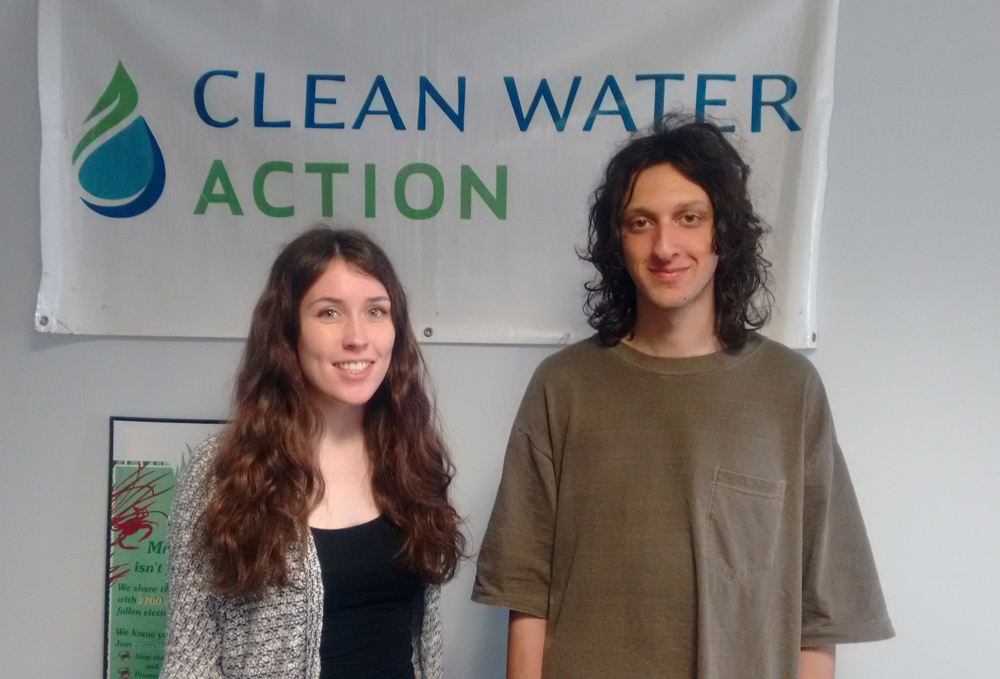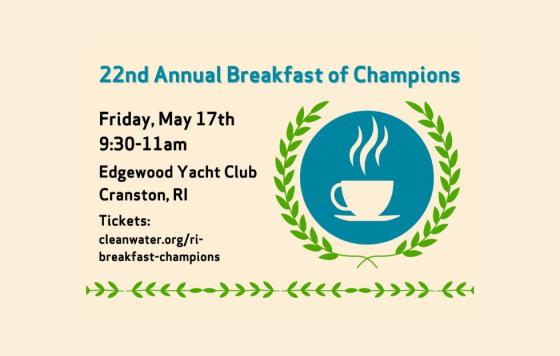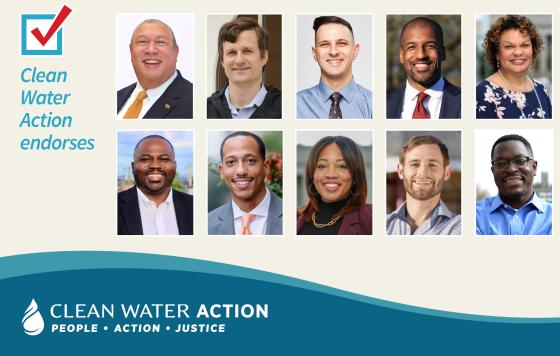
Two Baltimore City college students are working with us this summer, spending half their time going door-to-door with our canvass team to educate communities about environmental issues and half their time doing their own research and community organizing work. I asked them why they chose to spend their summer interning with Clean Water Action, and here’s what they said – check it out!
Sam Kendrick
Maryland Institute College of Art, class of 2017
Maryland Organizing Intern
Hello! I am one of the new interns at Clean Water Action Maryland this summer. I’ve been working on the field canvass team for about five months, and I joined the program and organizing team last week. I’m passionate about social equity, justice, and sustainability. I’m excited to help Clean Water Action work toward ensuring environmental justice for everyone.
I joined the canvass team because I wanted a role in communications. The idea of making a space in someone’s day to talk about problems in our communities and in our world, and getting them involved is exciting. Those face-to-face conversations are so important . Even when there are so many ways to reach out, talking person to person is a super effective way to engage and mobilize people. It's powerful to look into someone’s eyes and ask, “Do you care about this? What are you going to do?”
One of the things I heard from other members of the canvass team when I started working here was that the goal of an activist is to activate. This is central to the mission of our organization. We lobby and campaign to hold our elected officials accountable but, to me, our challenge is more than just changing policy; it’s changing culture.
It’s changing a culture of detachment, one in which governments and corporations are taken for granted and perceived as untouchable, a culture in which disposability is standard and resources are presumed to be endless until crisis strikes. While policy is the necessary language for many steps on the road to justice and sustainability, the only thing that will really drive progress is a shift in popular consciousness; that’s what I’m in the game for!
Over the next few months I’ll be working on issues in Baltimore City including the city’s sewer backup problems and the crude oil trains that travel through residential neighborhoods every day. Although I’ve been living here for almost three years, I was shocked to hear about Baltimore’s sewage problem and its impacts on communities. I was disheartened to learn that city residents can’t expect to see major changes for years to come. Part of the problem is that I am a city resident and didn’t even really know what the issue was! Communication and transparency are necessary for a fair society, and that’s why it is important for us to do as much outreach and education as possible.
I’m excited to be interning here, and I'm looking forward to spreading our movement to and through as many people as we can!
Abigail Pearse
Johns Hopkins University, class of 2020
Maryland Organizing Intern
“Unless someone like you cares a whole awful lot, nothing is going to get better. It’s not.” This quote, from the Dr. Seuss classic The Lorax, is one of my all-time favorites. In order to make a difference in the world, we need people who care about the issues they are fighting for. This passion for changing the world is what drew me to Clean Water Action.
I have been passionate about environmental issues since I took my first environmental science course as a freshman in high school. I had always been vaguely aware that humans were destroying the environment, but this course made me realize the magnitude and severity of these environmental issues. After this initial exposure to these issues, I knew I wanted to help effect change.
Throughout high school, I further pursued my interest in environmental issues by taking more courses and by getting involved in environmental advocacy clubs and extracurricular activities. The more I learned, the more I realized that this was what I wanted to do for the rest of my life.
However, I didn’t know exactly how to make a difference in the environmental world. I knew environmental policy was an option, but I have always been more of a math and science person. That’s when I discovered my current major, environmental engineering. It seemed like a perfect combination of my passion for the environment and my interest in math and science.
I just finished my freshman year at Johns Hopkins University as an environmental engineering major. Within my major, my intended concentration is environmental health engineering, which examines the intersection of public health and the environment, especially with regards to water quality. I am particularly interested in environmental health in developing countries because a lack of clean water and sanitation can be a major threat to these populations.
Moving to Baltimore opened up a whole new world of environmental activism opportunities that simply weren’t available in my hometown of Media, Pennsylvania. My academic interests drew me to Clean Water Action because the goals of this organization are so closely aligned with what I study: the importance of clean water. Although I don’t intend to go into environmental policy at the moment, I’ve realized that having an engineering background can also be useful in this field. Through this internship, I am being exposed to environmental issues through a new lens.
However, my choice to intern at Clean Water Action was not just about the goals on paper, although that was certainly was brought me here in the first place. I am surrounded by people who are just as dedicated as I am to making a difference in the world. Clean Water Action is full of people who care about environmental issues, which gives us the power to effect change. I’m excited to spend my summer working alongside such dedicated individuals who share my commitment to the environment.
For my research this summer, I will be learning more about stormwater management & remediation measures in Baltimore. This is of particular interest to me due to my background in engineering, which closely ties into the technical aspect of stormwater management. Although stormwater may seem like a complicated issue, I hope through my research I’ll be able to make sense of Baltimore’s efforts to deal with the stormwater that can be so detrimental to the Chesapeake Bay.



